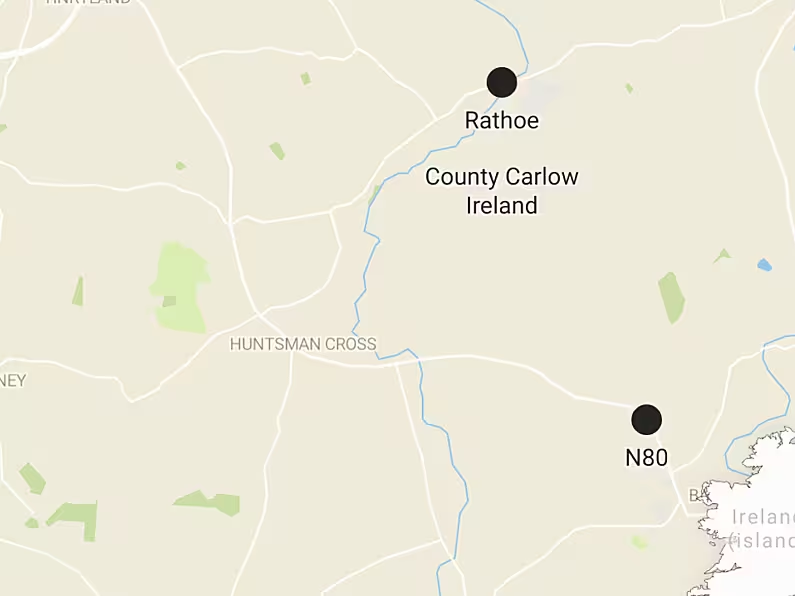Gordon Deegan
A diarrhoea-causing parasite left 40 people ill including 14 who required hospitalisation in the south Dublin and Wicklow area last July.
The youngest impacted by the food-borne outbreak of Crytosporidium was 3 and the oldest aged 74.
Along with the 14 who required hospitalisation, a further seven presented at hospital emergency departments but were not admitted.
The outbreak was likely caused by the consumption by the people concerned of baby salad leaves that were supplied in salad leaf boxes to a number of restaurants.
A new paper documents the painstaking detective work undertaken by a group of HSE public health officers and colleagues in a race against time to identify the probable source of the outbreak and thereby preventing more people from falling ill.
The paper entitled ‘A Foodborne Outbreak of Cryptosporidium Likely Linked to Salad Leaves’ in this month’s Irish Medical Journal (IMJ) shows that the salad leaves were traced back to a single farm which led to the Food Safety Authority (FSA) putting in place a precautionary product recall of salad leaves from the farm on August 4th last year.
Cryptosporidium species
The first confirmed Cryptosporidium case came to light on July 16th last and the outbreak reached a peak on July 23rd when over 10 confirmed or possible cases were recorded on that day.
Thirty-one of the 40 cases concerned people from south Dublin and Wicklow.
The authors state that Cryptosporidium species can be found in water, soil, food or any surface which has been contaminated with human or animal faeces.
The paper reports that the July 2020 outbreak leaving 40 people ill compares to 91 cases for the Greater Dublin area for the 12 months of 2019.
As part of the investigation to identify the source of the outbreak, the public health ‘detectives’ last July carried out inspections of 110 food premises to collect food and water samples.
An extensive cross-check of restaurants, suppliers and salad products was undertaken by the Outbreak Control Team (OCT).
The OCT had first convened the same day a cluster of nine cases were notified by a single lab in the south Dublin/Wicklow area on July 28th.
Supplier farm
The investigation found that of the 40 cases, 31 ate at restaurants that sourced salad from the same supplier farm.
The paper states that testing of salad samples from the farm did not detect Crytosporidium.
The authors state however: “Given the three-day shelf life of the salad box and the symptom onset of cases, negative food sample testing cannot rule out contamination of previous salad batches which were not captured in these samples.”
The authors from Dept of Public Health East, Dept of Environmental Health and the Health Protection Surveillance Centre state: “Ultimately, no microbiological link between the cases and the farm was established.”
The farm that produced the baby leaf salad was a mixed enterprise with livestock in adjoining fields, they said.











